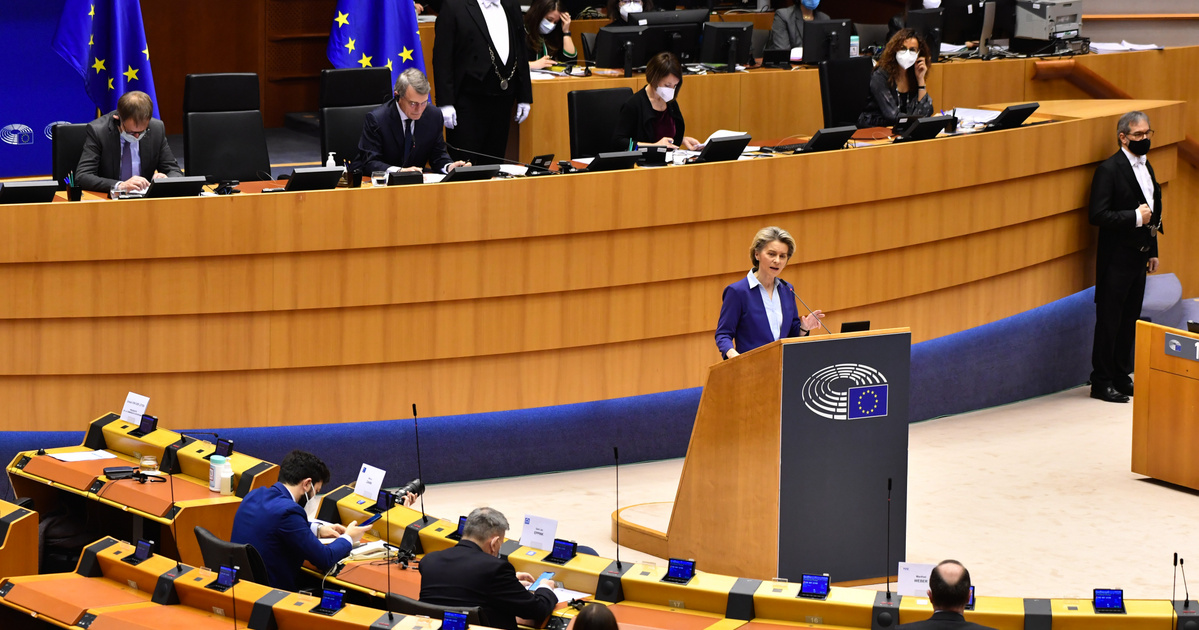The European Parliament plenary on Wednesday voted on a parliamentary report on inequality at work and poverty in the workplace, which calls, among other things, for EU member states to always set a minimum wage set by national law above the poverty line, MTI reported .
According to MEPs, correctly setting minimum wages is a solution to reducing inequality and the problem of poverty at work.
MEPs also suggested in the report granting non-traditional or non-traditional workers the same rights as others, and introducing better working time compensation.
Members of the European Parliament stressed the need to comply with legislation on minimum working conditions for all workers, an important element in the fight against poverty at work. Because they claim that women are more likely to be affected by poverty and social exclusion, closing the gender wage gap and caring for high-quality and affordable children also play an important role in the fight against poverty.
According to the Statistical Office of the European Union, poverty at work is defined as the total income of a worker for six months of work, including social benefits, which is less than 60 percent of the average annual national income of families.
Eurostat data according to In 2019, an average of 9.2 percent of European workers and 8.4 percent in Hungary were at risk of poverty on the job.
In November, the European Commission presented a proposal for an adequate minimum wage to ensure a fair wage and decent living for EU workers, wherever they work.












































